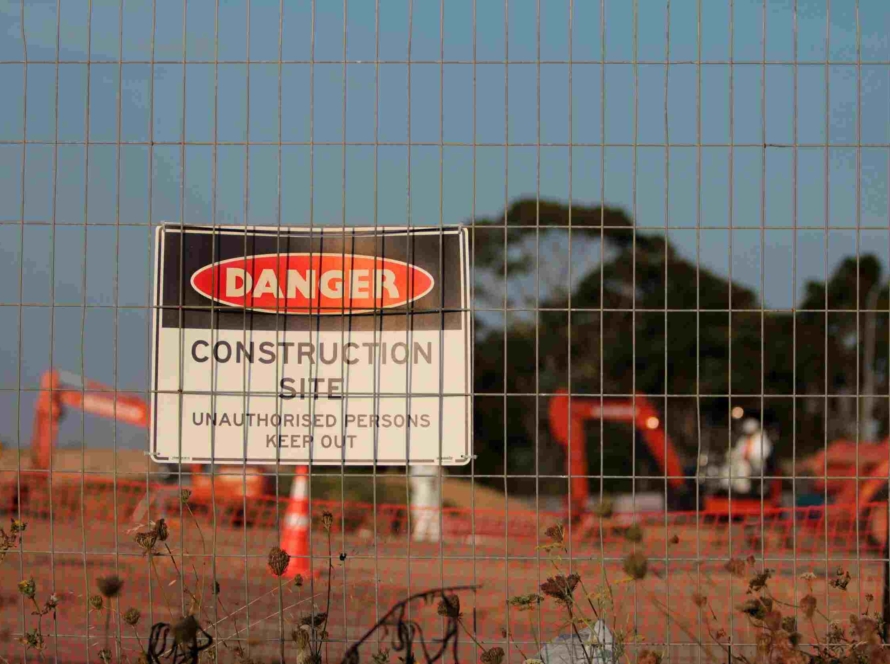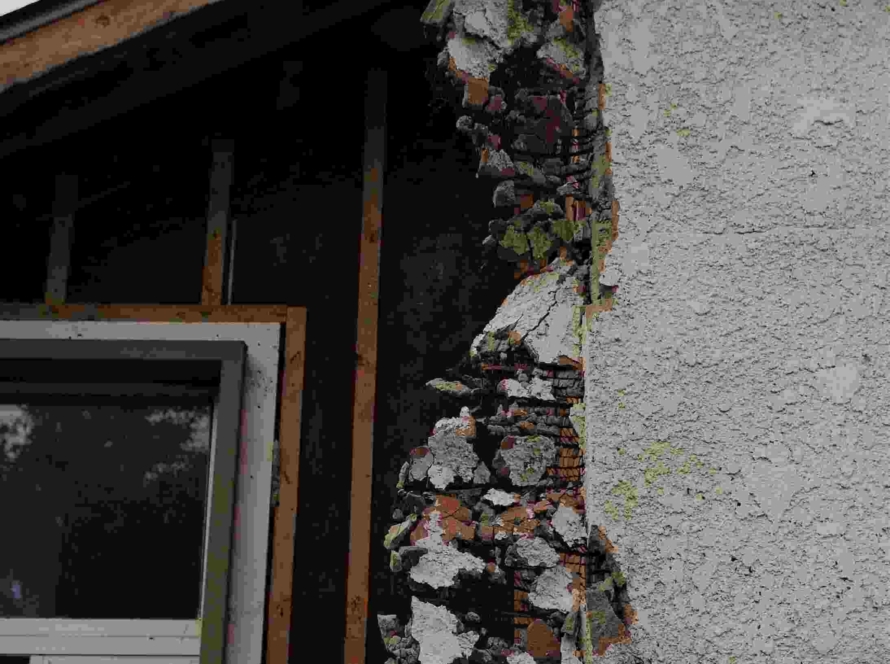If you are a homeowner or part of a Home Owners Association (HOA), it is important to understand South Carolina’s statute of repose for construction defect claims. This law sets a time limit on when you can file a claim against a builder or contractor for construction deficiencies. In this blog post, we will explain what the statute of repose is, how it works, and what it means for homeowners and HOAs.
What is the statute of repose?
The statute of repose is a law that limits the amount of time you have to file a claim against a builder or contractor for construction deficiencies. In South Carolina, the statute of repose for construction defect claims is eight years from the date of substantial completion of the building or improvement. While there are exceptions to this statute if you are beyond the eight years, it becomes more difficult to gain compensation to repair the construction deficiencies after the eight years have lapsed – but not impossible.
How does it work?
The statute of repose works by setting a time limit for when a claim can be filed. If you discover a construction deficiency in your home or building, you must file a claim within eight years from the date of substantial completion. If you do not file a claim within this time limit, you may lose your right to seek compensation for the deficiency.
What does it mean for homeowners and HOAs?
For homeowners and HOAs, the statute of repose means that they must be vigilant in identifying and addressing construction deficiencies. It is important to regularly inspect the property and address any issues as soon as they arise. Waiting too long to address a deficiency could result in costly repairs or assessments for owners in the future.
What are some common construction deficiencies?
Construction deficiencies can take many forms, but some common ones include:
- Water intrusion: This can result from improper installation of windows, doors, or roofing materials, and can lead to mold and rot.
- Structural issues: This can include foundation problems, cracks in walls or ceilings, and sagging or uneven floors.
- Electrical or plumbing problems: This can include faulty wiring, leaking pipes, or inadequate drainage.
- Building code violations: This can include issues with insulation, fire safety, or accessibility.
How can homeowners and HOAs identify construction deficiencies?
Homeowners and HOAs can identify construction deficiencies by regularly inspecting the property and looking for signs of problems. Some common signs of construction deficiencies include:
- Cracks in walls or ceilings
- Water stains or dampness
- Uneven floors or sloping
- Doors or windows that do not close properly
- Electrical or plumbing problems
- Mold or mildew
If you suspect that your home or building has a construction deficiency, it is important to seek the advice of an experienced construction defect attorney. An attorney can help you understand your rights and options under South Carolina law and can assist you in seeking compensation for any damages caused by the deficiency.
Understanding South Carolina’s statute of repose for construction defect claims is essential for homeowners and HOAs. By being vigilant in identifying and addressing construction deficiencies, you can avoid costly repairs and assessments in the future. If you suspect a construction deficiency in your home or building, contact an experienced construction defect attorney for guidance and advice. Contact the Blundy Law Firm today to set up a complimentary consultation to discuss your construction defect claims.


